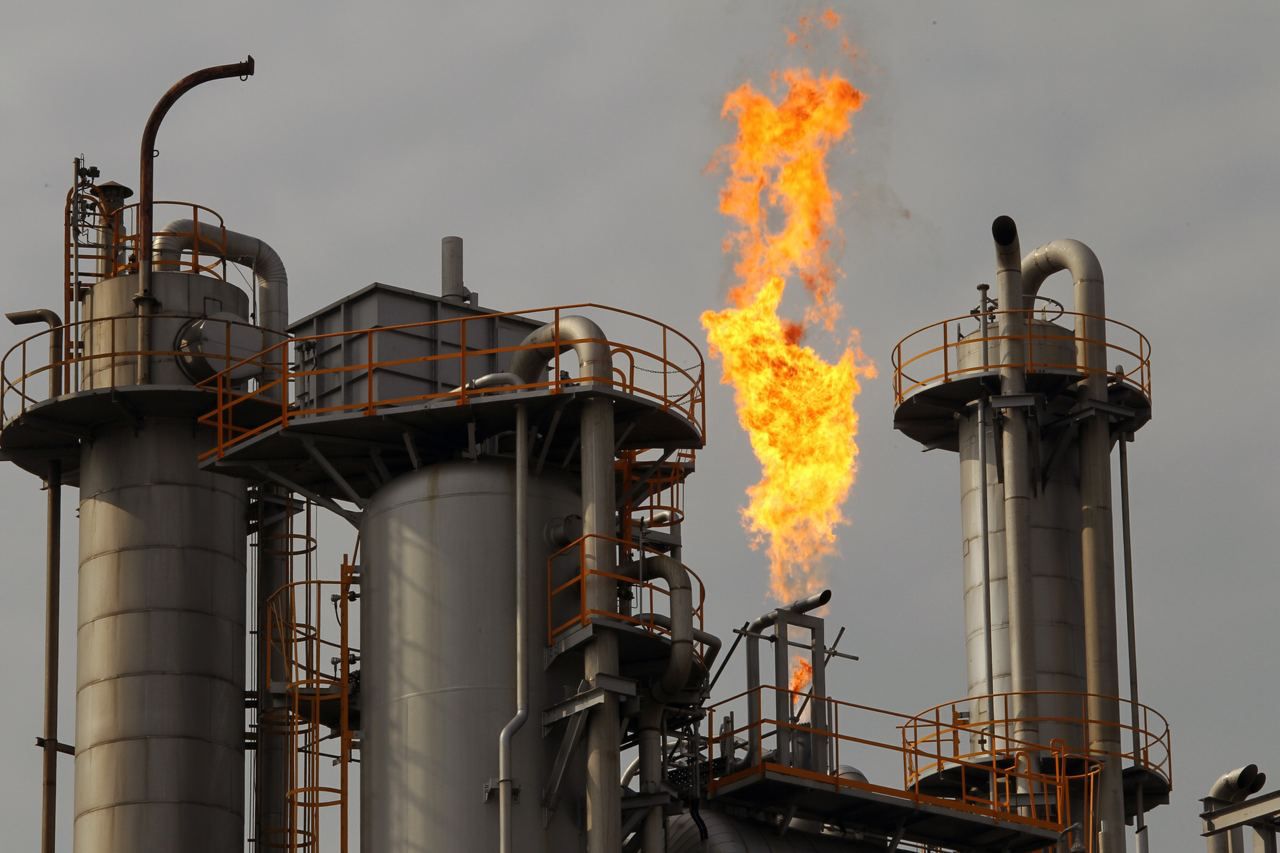The latest research by The Washington Post has revealed startling facts about the current situation in Europe related to the energy crisis caused by a decline in industrial activity. The decline in demand for energy sources such as gas has had serious consequences for the continent’s economy.
According to the study, industrial activity in Germany has now declined for 14 consecutive months, highlighting the scale of the problem. This trend has affected many energy-intensive companies, which have been forced to either close or significantly reduce production due to rising energy prices. The most affected sectors were fertilizer production, as well as chemicals, metals, glass, paper and ceramics.
The data also pointed to a sharp decline in gas demand in Germany, where activity by energy-intensive companies fell by 18 per cent in June compared to the end of 2020. The decline deepened in July to 22.9 per cent, the largest drop in demand in 2023.
The situation is similar across Europe, putting pressure on gas prices, which are currently around €35 per megawatt hour, compared to the 2010-2020 average of €20.
Despite abundant gas reserves, experts warn that even with them, Europe could face energy difficulties in winter if industrial demand for gas does not recover to pre-crisis levels. The solutions to this problem are proving expensive, including a deep recession in the manufacturing sector and a loss of long-term economic growth.
These facts presented by The Washington Post emphasise the gravity of the situation in the European economy and demand attention and action from political and economic leaders.


